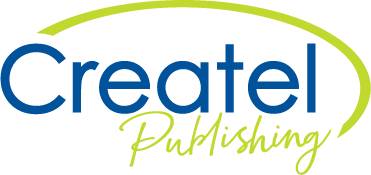Teaching with Purpose: Using Commonplace Journals to Grow in Wisdom and Clarity
“Wisdom Begins With Wonder” – Socrates
We often think of wisdom as a quality that only comes with age and experience. While age and experience certainly help us develop good judgment and make sensible decisions that reflect emotional intelligence, empathy, and understanding, there are other ways teachers can cultivate wisdom in the classroom. One effective way is by engaging in reflective practice. Reflective practice allows teachers to better understand their students’ needs, adapt to changing circumstances, and make decisions that are both thoughtful and empathetic. It is an ongoing process, rather than a destination. A great way to engage in this reflection is by using a commonplace journal.
What is a Commonplace Journal and How To Keep One?
A commonplace journal is a notebook used to record interesting things—thoughts, quotes, lyrics, social media posts, research, snippets from podcasts, or even a conversation with a friend. In a teaching context, it can also involve noting observations about your practice, your students’ responses, wise words from colleagues, or even student behaviours. There are no limits to what can be written in the journal, though the general rule is simple: If it’s interesting, write it down. Just remember to keep some space at the beginning for a table of contents!
As the entries begin to accumulate, go back through what you’ve written to see if any emerging themes or connections appear. You can add tags near the entries to categorise them.
The Benefits of a Commonplace Journal
Many great figures throughout history, such as Marcus Aurelius, Thomas Jefferson, Mark Twain, Virginia Woolf, and Bill Gates, have kept commonplace journals. For teachers, a commonplace journal offers a valuable space to capture insights, clarify teaching purposes, and build the kind of wisdom that shapes both practice and personal growth. They can also help teachers make connections between past experiences and current situations, guiding more informed and thoughtful decision-making. By reflecting on recurring themes (such as successful teaching strategies or challenges with certain students), teachers can cultivate a deeper understanding of their practice and make more wise, effective choices in the future.
Ready to start your own journey towards wisdom and clarity? Begin by setting aside a few minutes each day to jot down your thoughts, insights, and reflections in a commonplace journal. Start small—write about your day in the classroom, a new teaching strategy you tried, or a conversation that inspired you.
What’s one thing you’ve recently learned from your teaching practice that you’d want to reflect on in a commonplace journal? Share your thoughts in the comments or with your fellow educators below!



Leave a Reply